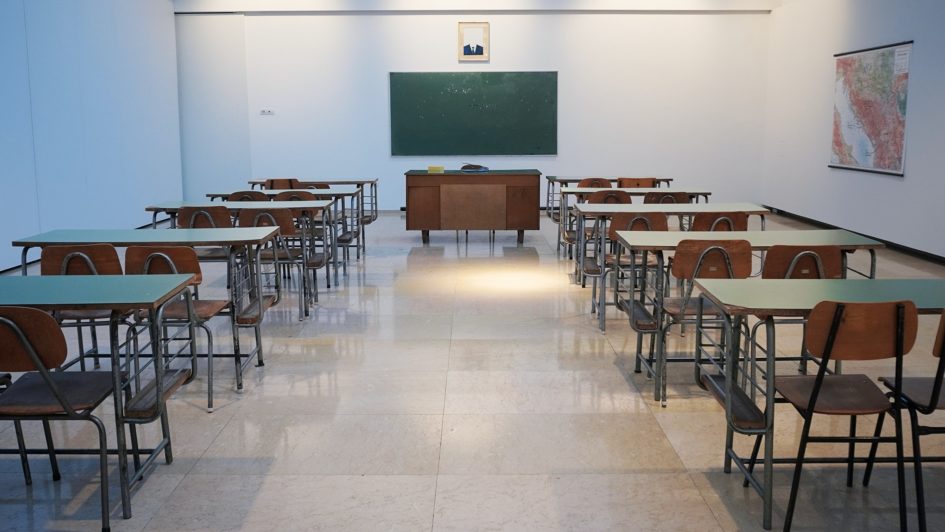Education is almost always built on a system of subject based learning and standardized assessment. When I was in school I accepted the challenges put to me by my teachers and mentors because I knew I needed that specific knowledge to pass the tests, to graduate, to go to University, and to one day get a good job. That being said, there were many times when I wondered why exactly I was learning what I was learning. Would I really need to know how to graph a quadratic equation in my everyday life as an adult? Would I need to analyze and write about Hamlet in order to function and be successful in my future endeavours? Would a single test on a specific day worth 50% of my grade accurately assess my ability to be an active and educated member in politics and society? In a lot of ways, the answer to those questions ended up being no. When I was a high school student I was almost sure I wanted to go to school to become a music educator, so why was I wasting my time on things that would not benefit that part of my life? Unfortunately the reasons almost always went back to needing the information to pass the test, and even as an adolescent that idea didn’t sit right with me.
I now find myself in the midst of my teacher education journey and I am reflecting on how I felt when I was a high school student. In the film “Most Likely to Succeed” directed by Greg Whiteley I see the same ideas and models of education that I questioned being challenged and ultimately reimagined. Education is slowly moving away from the standardization we are used to, and as a result educators will be able to focus on so much more than content based learning. Teachers can instead foster knowledge, skills, and understandings that go beyond regurgitation of content and instead create students who are life long learners with skills they will carry with them beyond the classroom. I love the concept of High Tech High that is mentioned and explored in the documentary, because it moves away from the school system we are used to. Of course there are aspects to this system that aren’t perfect. Unfortunately, much of higher education is still based on those standardized tests which makes it essential for teachers to teach specific content so students may be able to attend those schools in the future. But despite those challenges it is still my job as an educator to adapt and change what I do everyday to ensure that my students have a valuable learning experience, and to foster in them skills that they can use in their every day lives. At this point content based learning can not disappear completely. Instead educators need to teach beyond just the content of the course, they need to take risks and be creative with their teaching practices. Without these changes of pedagogical practice, education can never be truly reimagined.
Photo by Ivan Aleksic on Unsplash

September 25, 2020 at 3:15 pm
Charlie, I appreciate your reflections in this first post. I have also been pondering many of these same facets within our education system – How do we prepare students for a future job market that we can not currently conceive of?!
I’m hopeful that BC’s new inquiry based curriculum model with prove to be an effective way to illicit critical thinking among young learners, and, inspire imagination/innovation rather than regurgitation.